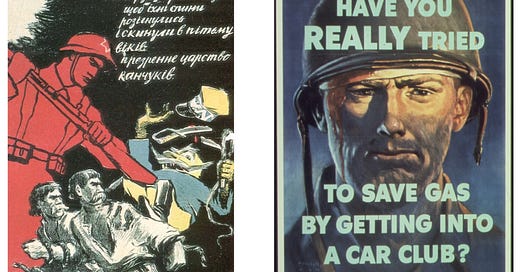Surely the Emperor and his court
will want to know what a fine
and generous revolution begins tomorrow
in one of his remote provinces...
From “The Sweater of Vladimir Ussachevsky” by John Haines
Beneath the lurid headlines about the Ukraine war flashing across luminescent screens as daily advertisements for the New World Order’s crisis du jour, deeper historical currents with existential consequences for humanity are coursing. And being ignored.
Lewis Lapham has observed that TV and computer screens are the modern “Pool of Narcissus.” In an interconnected global society lost in its own virtual reflection, Lapham asks, “Who can distinguish between a bloodbath in Afghanistan or a bubble bath in Paris?”
The consequences of living ahistorically are profound. Many nuclear policy experts believe the current geopolitical crisis could easily trigger a nuclear war. A negotiated end to the Ukraine war is also a remote possibility, but the process is being driven by Russia and Ukraine and mediated by Turkey in the face of US and NATO hostility.
How did we get here?
Keep reading with a 7-day free trial
Subscribe to Reimagining Politics Magazine to keep reading this post and get 7 days of free access to the full post archives.




